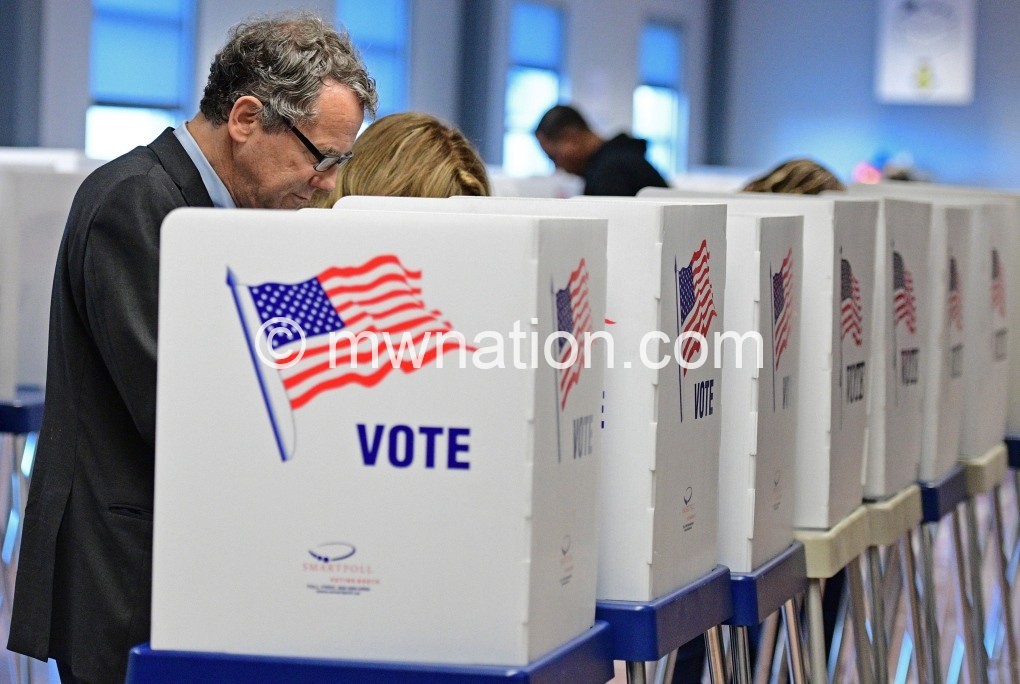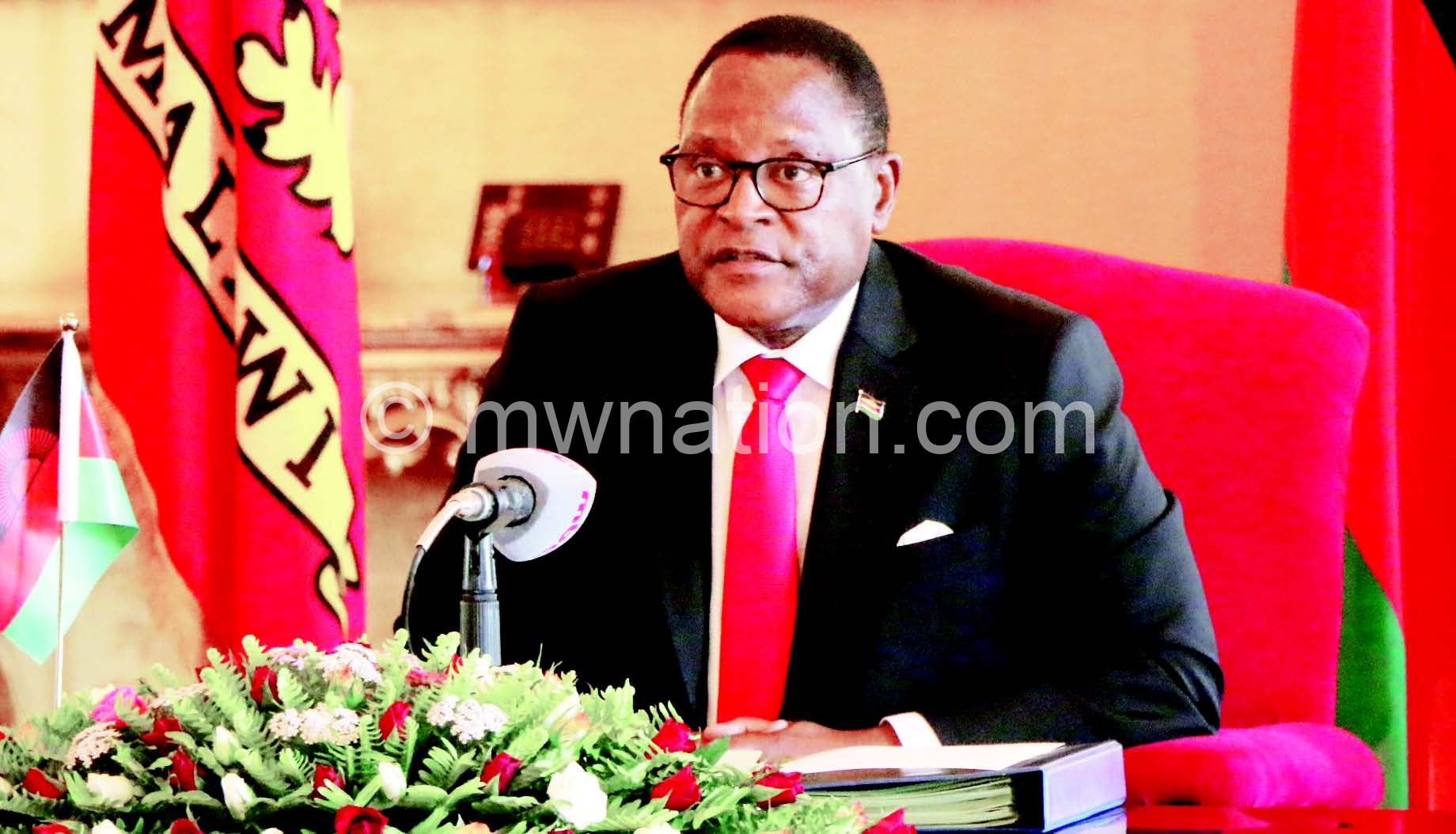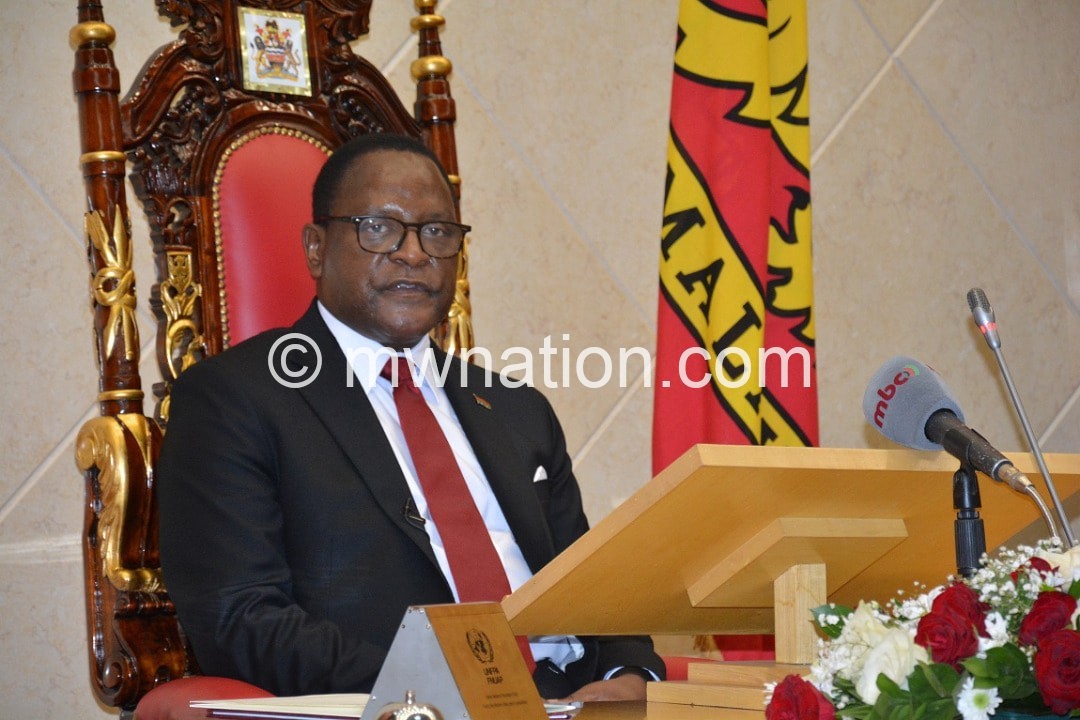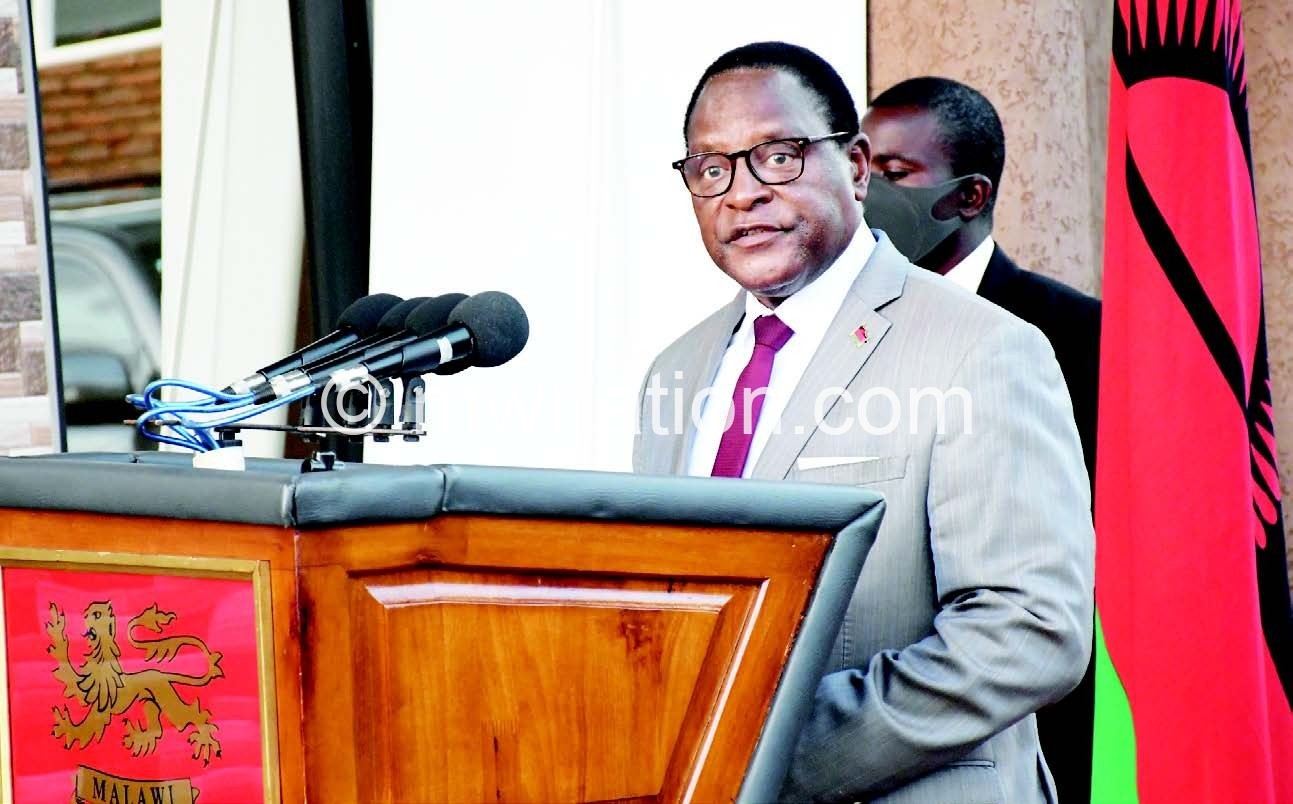Govt should be ashamed for taxing mobile money users
A staggering 75 percent of Malawians are unbanked. Mobile money operators bridge this gap. Mobile money accounts jumped from less than 1 000 in 2012 to as an tounding 1.8 million active accounts in 2017, according to the 2017 Global Findex.
The report by the World Bank also showed that Malawi was one of the few countries in Africa that stood out as having made staggering progress in digital finance.
These efforts, if harnessed, could transform the country.
Digital finance, ladies and gentlemen, is a powerful means to expand access beyond financial services to other sectors, including agriculture, transportation, water, health, education, and clean energy. Digital finance is one sure way to empower the poorest of the poor as it increases reach and breadth of financial services.
In a poor country like ours, digital wallets targeting the poor—being piloted and slowly taking off—can be game-changers in how poor people can be reached with social cash transfers.
Make no mistake; digital finance transfer tools such as Mpamba and Airtel Money are part of our lives these days; literally from paying children schools fees to paying water bills. These tools serve a majority of us, but main beneficiaries are the poor who live in remote areas.
We on the streets adore mobile money because money can be transferred almost anywhere, even when there are no banks nearby. I know for sure that your mother and mine jump every time they get the mobile money SMS in their phone boxes. Mobile money can change lives ‘instantly’ and it’s sad to see government trying as much as possible to take away our right to be financially included.
You see, the Democratic Progressive Party (DPP) government has decided to introduce a one percent withholding tax on non-bank mobile transactions based on transaction amount.
They have copied a tax that Ugandans rejected in 2018.
Our government wants you and me to pay tax every time we send money. This means that when you send or receive money in your mobile money account, government will take away one percent of it. This tax will always apply every time you use your mobile money account.
Not only will the poorest suffer but the use of mobile money services will decline as people will be put off by the one percent tax. Already, we, on the streets see mobile money charges as exorbitant.
In 2018, audit firm PriceWaterHouseCoopers rightly argued when the tax was introduced in Uganda that the basic principles of taxation should be fairness and neutrality: “This principle demands that taxes should not favour any one group over another and should not be designed to influence individual decision making.”
PwC was clear that mobile money tax appears to be penalising those who opt to use mobile money services as opposed to the traditional commercial banking services. It also appears to be designed to discourage people from using mobile money services. And also it violates the basic principle of equality which requires people in equal circumstances to be treated equally.
We also cannot agree more with the Malawi Confederation of Chambers of Commerce and Industry (MCCCI) chief executive officer Chancellor Kaferapanjira, who has described this new tax measure as draconian as it counters the efforts of RBM which is promoting the use of noncash transactions.
Kaferapanjira echoes what Oxfam said in reaction to the budget, especially on the introduction of this unnecessary tax.
Government must go back to the drawing board, because we on the streets have rejected it.





